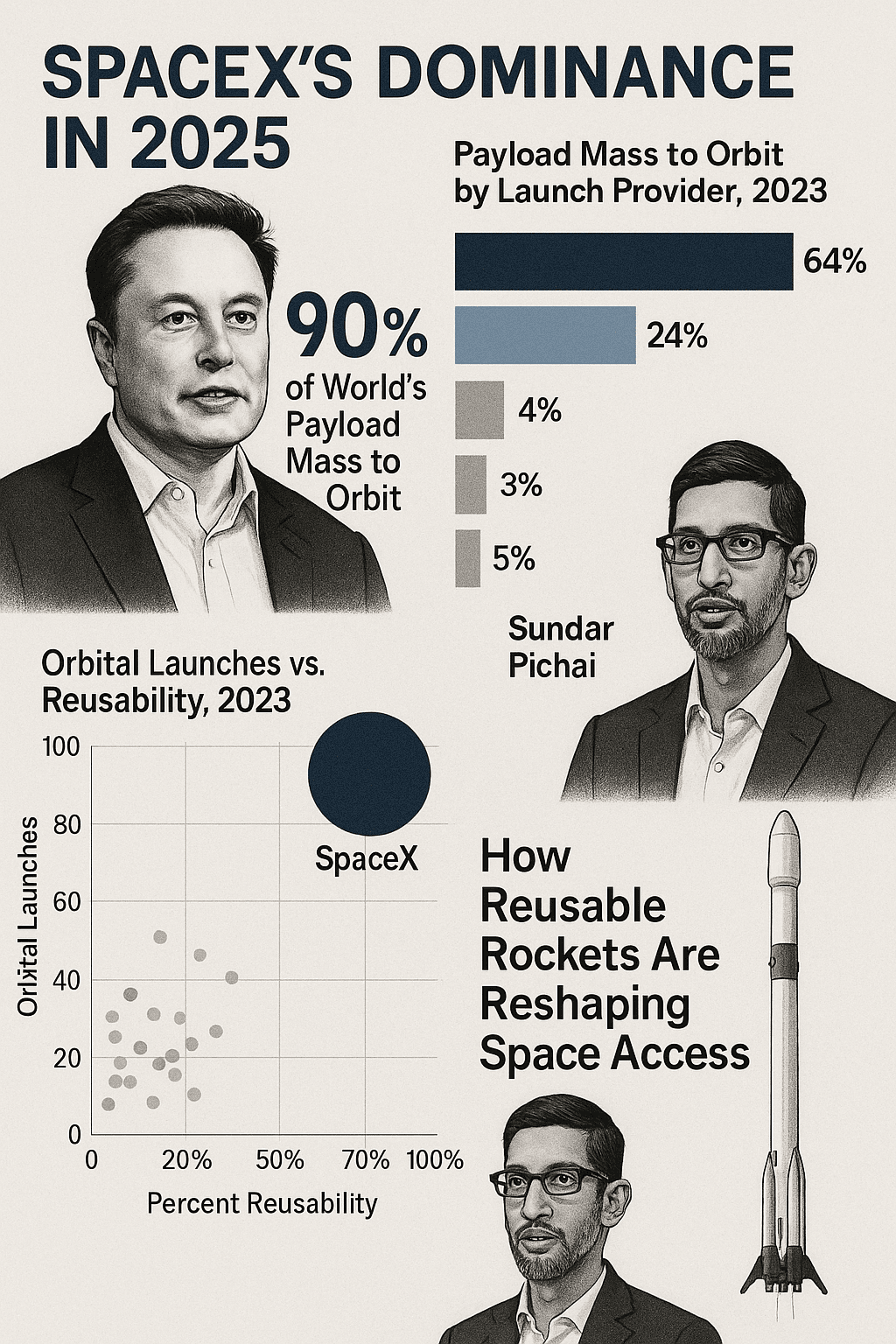Why Google Is Paying AI Employees to Do Nothing: The DeepMind Noncompete Controversy Explained
Google’s strategy highlights a painful truth: The AI race is so intense that companies would rather pay employees to stay home than let them boost a rival. But while this might safeguard secrets short-term, it risks long-term consequences—stifling innovation, damaging employer brands, and fueling resentment among top talent.
As the debate heats up, one thing is clear: In the battle for AI supremacy, treating humans as pawns could backfire spectacularly.
How a Brain Implant and AI Revolutionized Communication for a Stroke Survivor After 18 Years
Discover how a groundbreaking brain-computer interface restored speech and facial expressions for Ann, a stroke survivor, using real-time AI technology. Explore the science, her journey, and future implications. A New Era of Hope
Ann’s story is more than a medical triumph; it’s a testament to resilience. “This study let me live while I’m still alive,” she wrote. As brain-computer interfaces evolve, thousands like Ann could regain their voices, reshaping societal views on disability.
For now, Ann dreams of counseling others in rehab: “I want them to see life isn’t over.” With continued innovation, her vision—and voice—will echo far beyond the lab.











